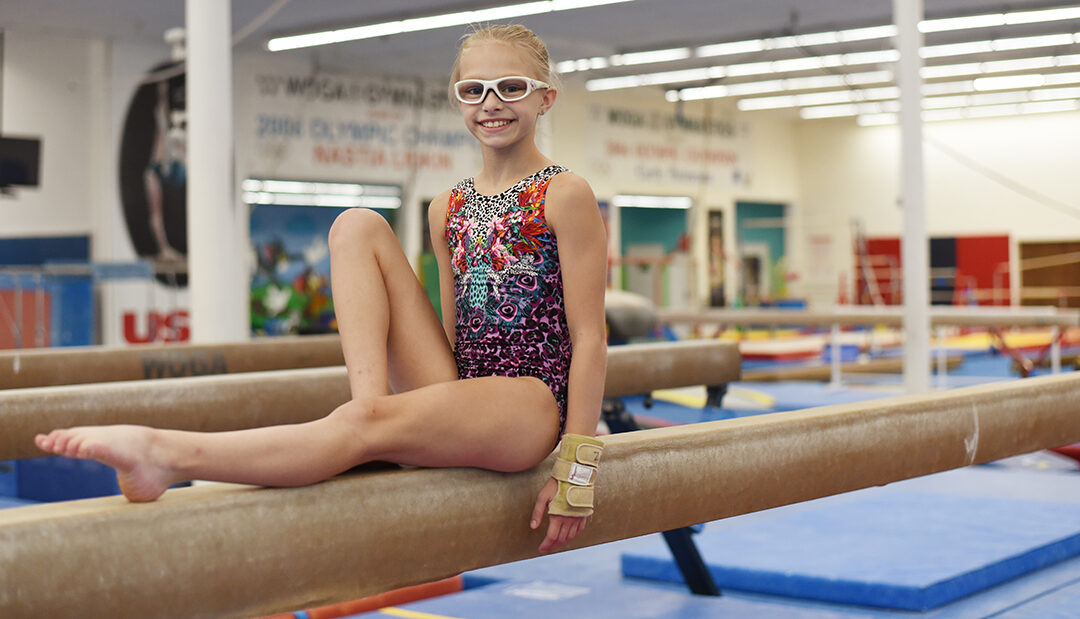In a medical education series, Jane S. Chung, M.D., and Taylor Morrison, M.S., R.D., CSSD, L.D., informed pediatric health care providers about the role of wellness in recovery and injury prevention. Health care providers are not the only ones to influence young athletes and their choices to prepare for and recover from sports.
Tips for Parents and Coaches
- Teach your athlete to listen to his or her body. Hunger, pain and fatigue are signs that the body is not prepared to tolerate training.
- Encourage proper fueling for the activity. Consider the duration and intensity of the activity and give specific suggestions to meet appropriate pre-event nutrition needs.
- Support proper hydration throughout the day, not just around activity.
- Use positive language when talking about food and sport-specific bodyweight goals.
- Speak up when performance declines. Talk to the athlete about sleep, eating habits and stress management so you can act quickly when you are concerned.
- Listen without judgment.
- Choose appropriate training load, intensity and duration. The physical and psychosocial demands of training need to be enough for growth and improvement, but not so much that it causes injuries or illness.
- Integrate recovery into your schedule of training. Cross training and in-season rest days can support better performance and reduce time on the bench.
- Learn, model and actively teach athletes positive coping skills to manage stress.

